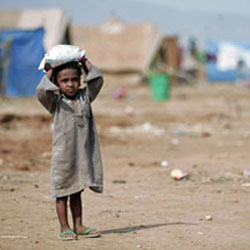
Displaced citizens are increasing as the war against Houthis turns more violent.
Innocent children and women are forced to live in tents suffering from cold nights and the fear of a serious health disaster nearing.
women who cheat on relationships
I cheated on my boyfriend